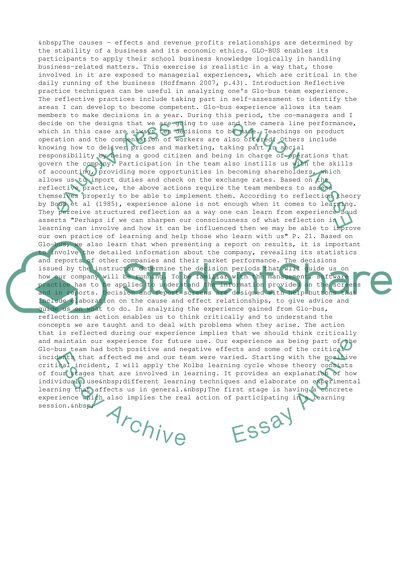Cite this document
(“Strategic Perspectives Essay Example | Topics and Well Written Essays - 1500 words”, n.d.)
Strategic Perspectives Essay Example | Topics and Well Written Essays - 1500 words. Retrieved from https://studentshare.org/business/1443567-strategic-perspectives
Strategic Perspectives Essay Example | Topics and Well Written Essays - 1500 words. Retrieved from https://studentshare.org/business/1443567-strategic-perspectives
(Strategic Perspectives Essay Example | Topics and Well Written Essays - 1500 Words)
Strategic Perspectives Essay Example | Topics and Well Written Essays - 1500 Words. https://studentshare.org/business/1443567-strategic-perspectives.
Strategic Perspectives Essay Example | Topics and Well Written Essays - 1500 Words. https://studentshare.org/business/1443567-strategic-perspectives.
“Strategic Perspectives Essay Example | Topics and Well Written Essays - 1500 Words”, n.d. https://studentshare.org/business/1443567-strategic-perspectives.


